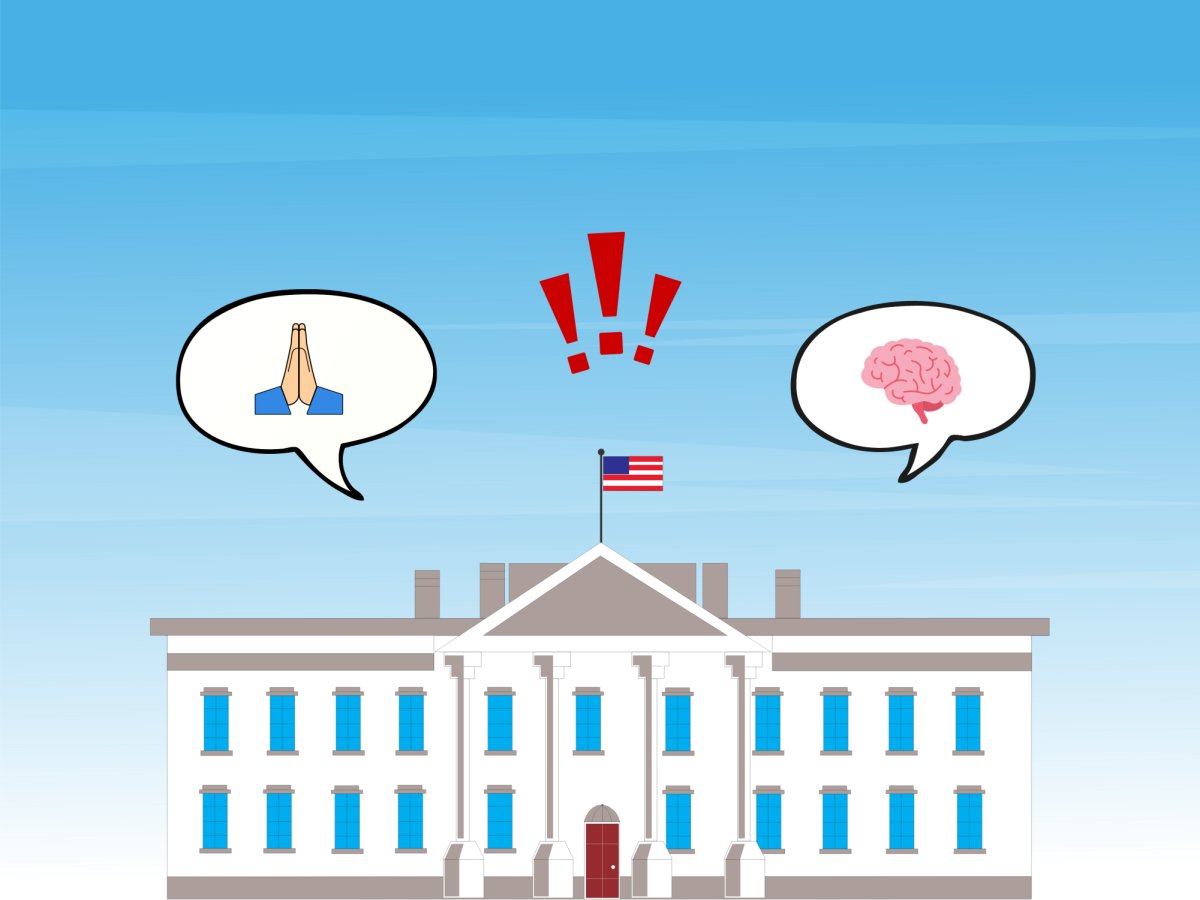 In a time of faltering newsroom resources in the United States, the already “adversarial relationship” between the media and the U.S. Congress has grown even more tumultuous. The traditional function of the media as a “watchdog,” serving to expose problematic conduct in government and hold politicians accountable, has become completely lost on the American public. This is especially true because this type of coverage is becoming rarer due to limited resources including disproportionate coverage and the declining number of journalists. Instead, what we see in political media is coverage rooted in scandal, sex, lies and extreme rhetoric. But is this exposure truly “newsworthy?” Or, do we have a tendency in this country to reward bad behavior with clicks?
In a time of faltering newsroom resources in the United States, the already “adversarial relationship” between the media and the U.S. Congress has grown even more tumultuous. The traditional function of the media as a “watchdog,” serving to expose problematic conduct in government and hold politicians accountable, has become completely lost on the American public. This is especially true because this type of coverage is becoming rarer due to limited resources including disproportionate coverage and the declining number of journalists. Instead, what we see in political media is coverage rooted in scandal, sex, lies and extreme rhetoric. But is this exposure truly “newsworthy?” Or, do we have a tendency in this country to reward bad behavior with clicks?
Despite the historically problematic relationship between media and the legislative branch, Congressional officials (especially those striving for re-election) often seek favorable coverage from the media that conveys their party’s policy goals in a positive light, strengthening solidarity and political identity. But journalists and news organizations have to tread lightly when it comes to satisfying readers’ needs and being the “watchdog.”
The unfortunate reality is that, according to research from a 2021 study, Congressional members who are actively fulfilling their legislative duty and working to enact bills are not garnering as much media attention (at least, not for their work). Instead, it is your typical, run-of-the-mill Congressional members who are more likely to receive immense media attention due to scandal or absurd behavior.
Some would argue it might be beneficial for journalists to acknowledge this behavior since it establishes the lack of credibility in a politician and, thus, their inability to effectively serve their people. While there is truth to this, in principle, covering bad behavior merely for the sake of it goes against many of the conventions of traditional and professional journalism and simultaneously highlights how unique our era is.
News media continue to report on these occurrences, which is not surprising in a world where media is digitizing and extreme rhetoric is becoming more normalized. It is within the power of politicians to shape news, and, more often than not, poor behavior is often rewarded with more news exposure.














































